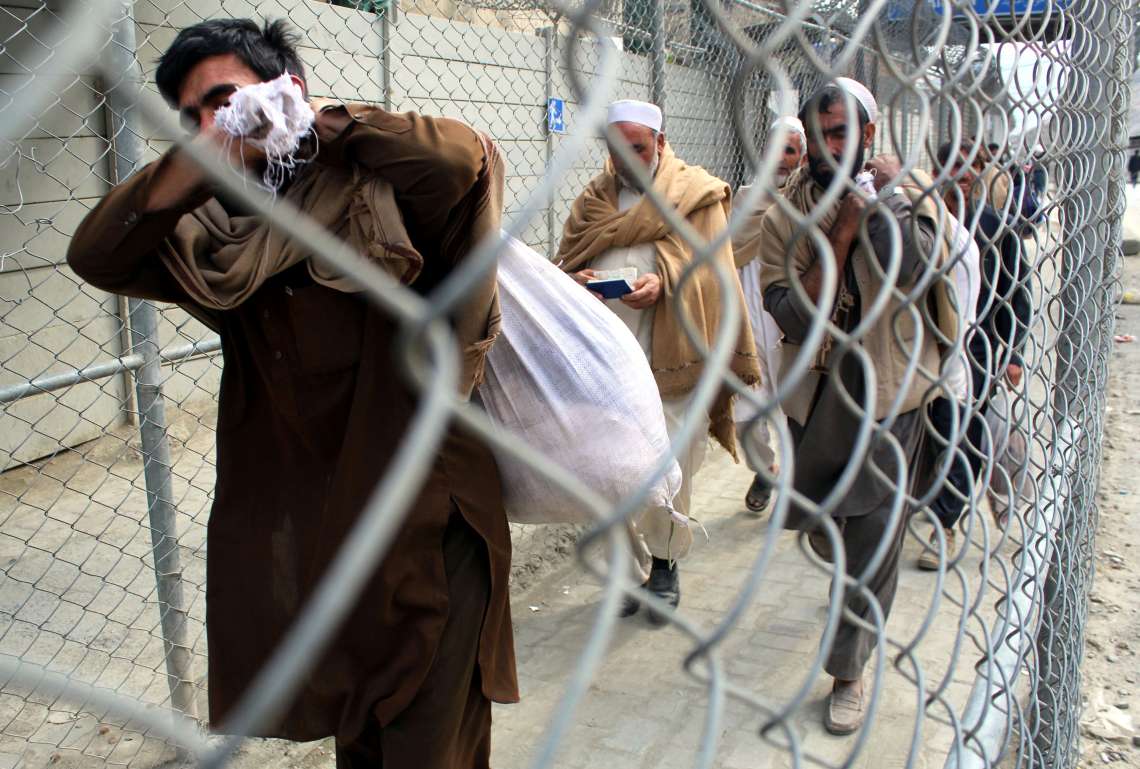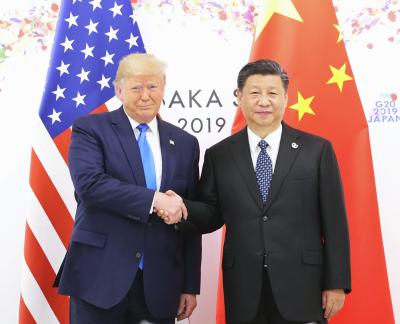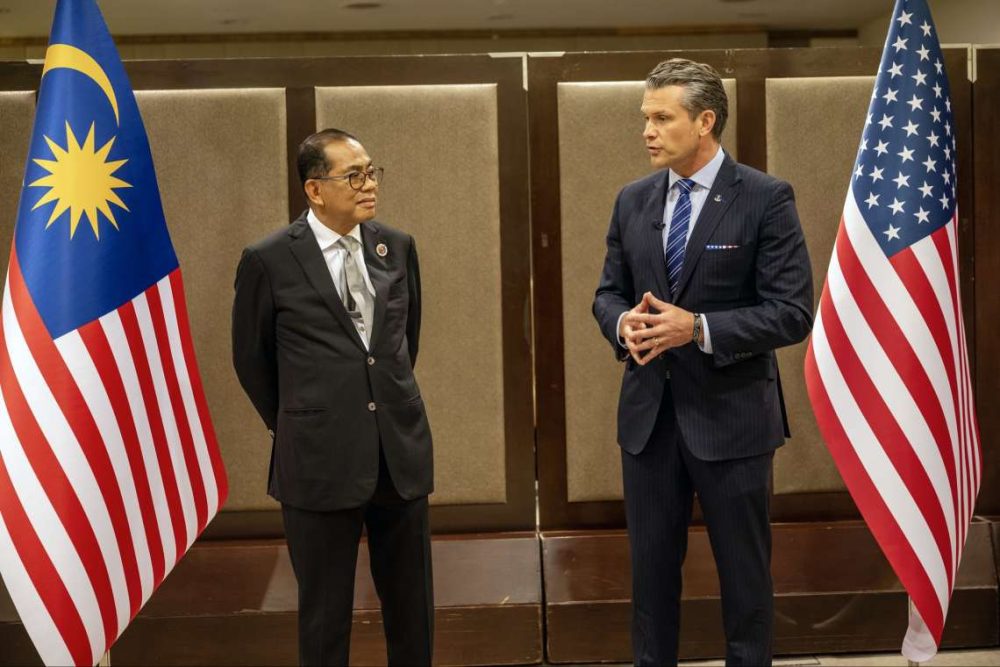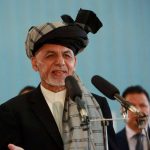The decision, which has cut off internet for government offices, businesses, and homes, has sparked widespread concern from rights groups who warn of severe consequences for Afghan society and the nation’s fragile economy.
The Taliban government has blocked fiber-optic internet access across northern provinces of Afghanistan, a move officials claim is intended to “prevent immoral activities.” The decision, which has cut off internet for government offices, businesses, and homes, has sparked widespread concern from rights groups who warn of severe consequences for Afghan society and the nation’s fragile economy.
According to local media reports, as many as ten provinces, including Kunduz, Badakhshan, Baghlan, Takhar, and Balkh, have been affected by the ban. While mobile internet services remain operational, the loss of high-speed fiber-optic connections has had an immediate and significant impact.
Haji Attaullah Zaid, a Taliban provincial spokesman, stated that the measure was a directive from Afghanistan’s Supreme Leader, Hibatullah Akhundzada. Zaid offered no further details, nor did he explain why Balkh was among the first provinces targeted. He simply noted that an “alternative” would be developed for essential needs.
Local news outlet Afghanistan International reports that the block could be the start of a nationwide ban, with provinces like Kandahar, Uruzgan, Helmand, and Nimroz already experiencing disruptions.
Rights groups have swiftly condemned the move, calling on the Taliban to reverse the decision immediately. They argue that the ban will have catastrophic consequences, particularly for women and girls who have become reliant on online education following the Taliban’s previous bans on their attendance at schools and universities.
The blockade is also expected to deepen the country’s existing economic crisis. Fiber-optic internet is a critical resource for companies, banks, and various government agencies. Its loss severely disrupts business operations and financial transactions, further destabilizing a nation already facing immense economic hardship.
Beh Lih Yi, regional director at the Committee to Protect Journalists, called the action “an unprecedented escalation of censorship.” She emphasized that the blockade will not only undermine the work of journalists but also violate the public’s fundamental right to information.
The move marks a significant step backward for digital freedom and access in Afghanistan, isolating large swaths of the population and hindering vital communication channels. The international community watches closely as the Taliban continues to impose strict controls, further isolating the country from the global community and raising fears for the future of its people.














